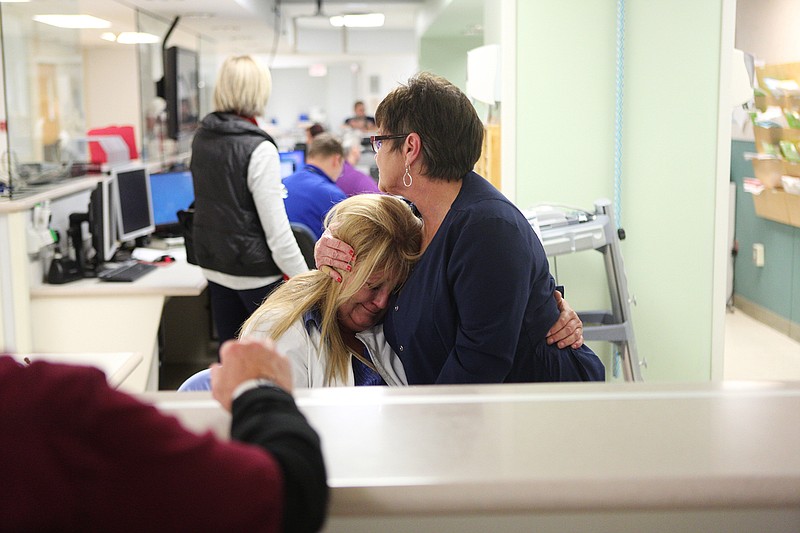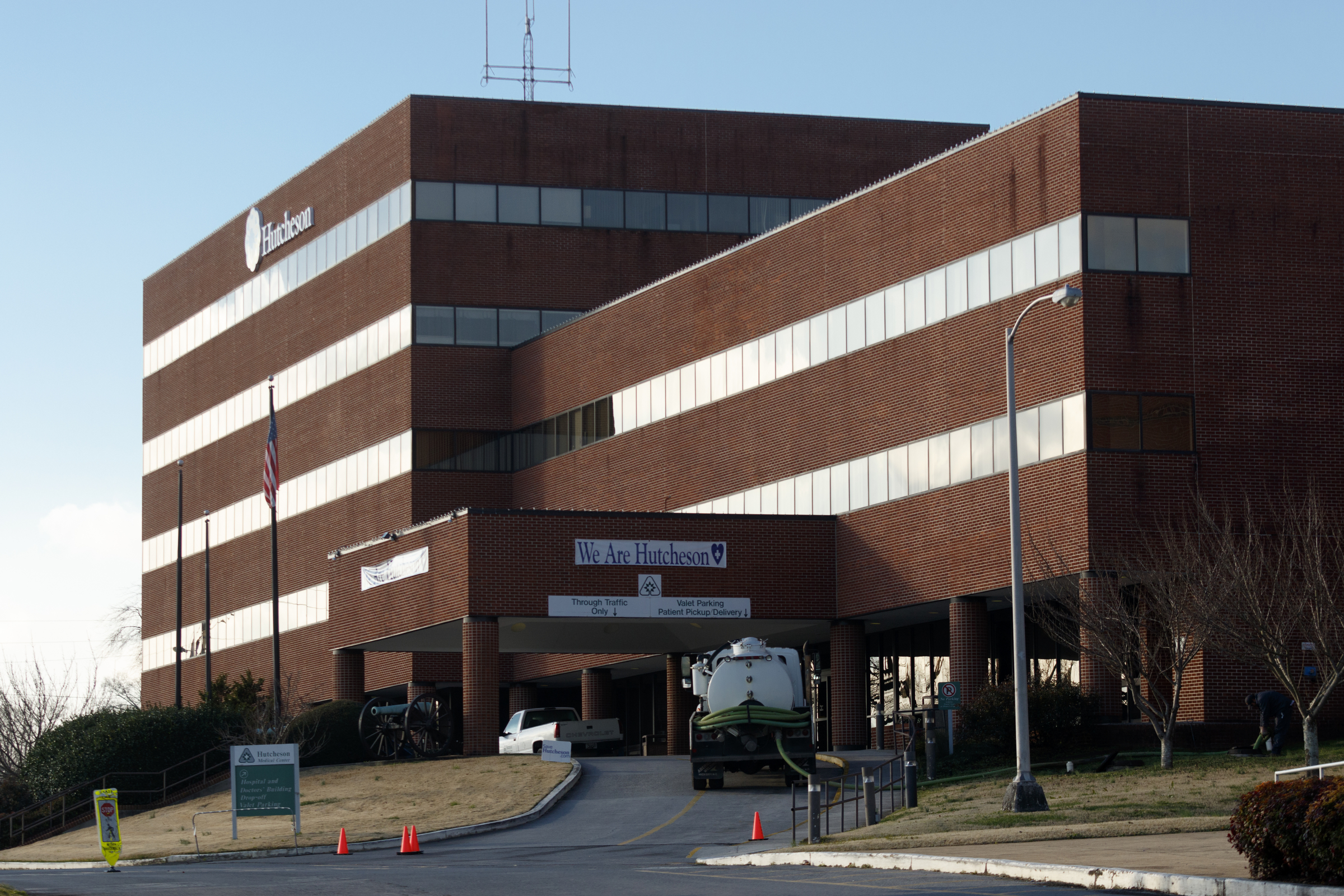When hospitals fail, communities suffer.
Ask the people of Fort Oglethorpe. Patients get shuffled to care farther from their homes. Ambulances drive nearly 30 minutes longer to get people emergency care. People - as many as 900 - lose jobs or fear they will. Contracts to vendors go unpaid and those folks' financial health is threatened. But that's just the hang-nail - not the illness.
That's why so many people tried to save the 180-bed Hutcheson Medical Center and, for all intents and purposes, kept the dying hospital on life-support for more than a decade.
And it was years too long. Despite effort after effort, bad management and clashing personalities among egotistical and arrogant leaders combined to drive doctors to more stable hospitals and practices. With the doctors, went patients. With the patients, went any hope of increasing revenues. The long goodbye was chronicled in an in-depth five-part Times Free Press series this week by reporter Tyler Jett.
In 2001, the hospital lost $3.8 million. In 2002, the red ink was about $1.2 million. In both 2003 and 2004, the hospital lost over $4 million. In 2005, the hemorrhage was $6.2 million. In all but one of the next nine years, Hutcheson's trail of red ink ran over. By 2008, the debt was more than $21 million. But that was just for starters.
As the economy soured and unemployment rates shot up in North Georgia, the hospital's charity care increased by tenfold. In the next three years, Hutcheson's yearly losses jumped to $10.4 million, $12.9 million and $23.8 million. In 2012, losses dropped to $12.1 million, and 2013 saw a minus $4 million.
In one five-year stretch, the number of practicing specialists there dropped from 180 to 64, and in 10 years, the number of North Georgia patients in Chattanooga hospitals jumped from 8,400 a year to 12,600 - a 50 percent increase.
The bleed led Hutcheson managers and board members to borrow money and management services from Erlanger - a partnership that was doomed from the start because of obvious conflicts. Then deepening debt made Hutcheson managers put pressure on emergency room doctors to admit patients they were sending home in order to increase revenue - a situation that can never help patients and communities.
Finally in late 2014, hospital leaders admitted the community could no longer support a public hospital and Hutcheson filed for Chapter 11 bankruptcy. Meanwhile hospital workers learned that the self-insuring hospital had not been paying its health insurance claims - something some call theft.
The real malpractice here was that it took so long for hospital leaders to put Hutcheson out of its misery. The delay caused untold insult and injury to the community. In essence, the hospital board and managers lied to employees, patients, vendors - everyone. They even took employees' insurance premium payments and didn't pay their health care bills. Hopefully federal investigators will probe further.
Hutcheson's former leaders may point fingers at the economy, and shrinking Medicare funding levels, and other changing health care payment trends, but other hospitals have those exact same challenges and survive. Hutcheson died because of the failure of its board and leaders.
The hope now for the community lies in the for-profit company that bought Hutcheson for $4.2 million, renamed it Cornerstone Medical Center and reopened its emergency department, pharmacy and lab. It offers radiology, imaging, respiratory therapy and, currently, six inpatient hospital beds.
Hope springs eternal.

